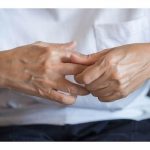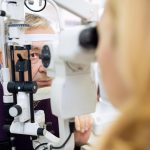
When astronauts travel to space, the experience depletes their red blood cells and bone, according to a new study. Fortunately, it appears their bodies can eventually replenish them after they’ve returned to Earth, thanks to fat stored in the bone marrow. “We found that astronauts had significantly less fat in their bone marrow about a month after returning to Earth,” said senior study author Dr. Guy Trudel, a rehabilitation physician and researcher at The Ottawa Hospital and professor at the University of Ottawa in Canada. “We think the body is using this fat to help replace red blood cells and rebuild bone that has been lost during space travel,” he said in a hospital news release. The new research builds on Trudel’s earlier work, which found that astronauts’ bodies destroyed 54% more red blood cells during space travel than they normally would on Earth. It’s known as “space anemia.” The research is part of MARROW, which is an experiment looking at bone marrow health and blood production in space, with funding from the Canadian Space Agency. “Thankfully, anemia isn’t a problem in space when your body is weightless, but when landing on Earth and potentially on other planets or moons with gravity, anemia would affect energy, endurance, and strength and could threaten mission objectives,” Trudel said. “If we can find out exactly what’s controlling this… read on > read on >


















